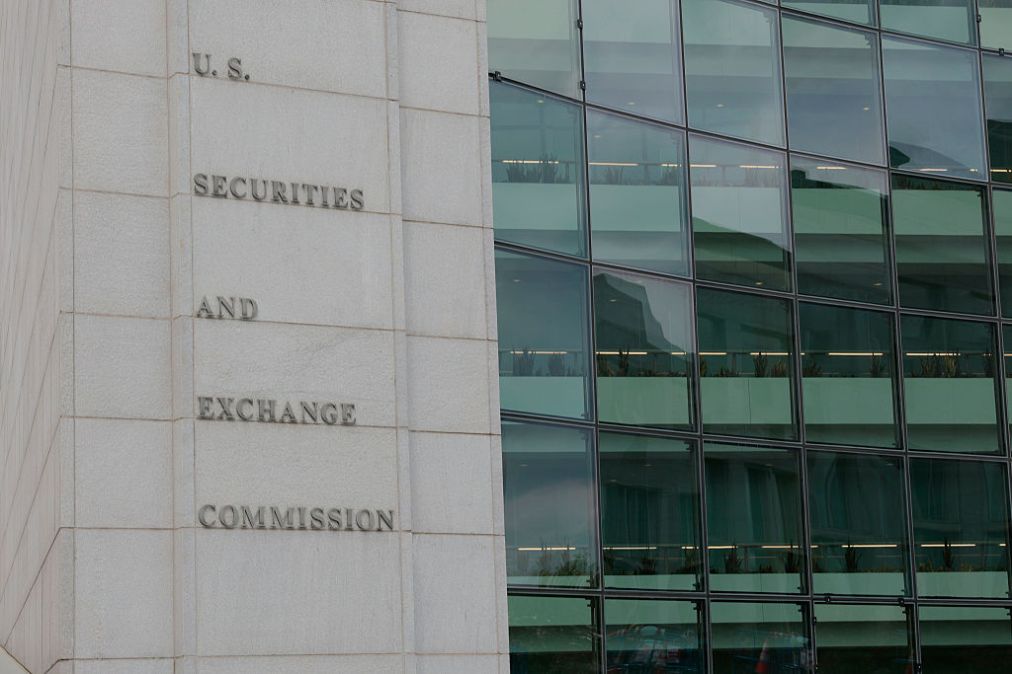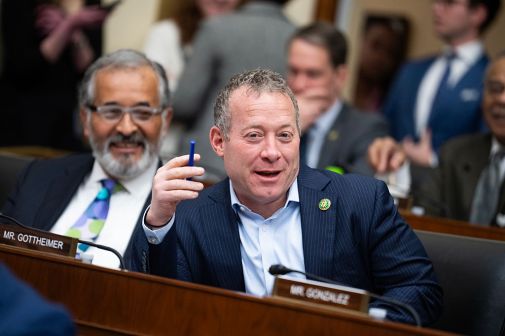Lawmakers renew push for enforcement-free AI testing at financial agencies

A bipartisan group of Senate and House lawmakers are doubling down on legislation aimed at spurring artificial intelligence experimentation at financial regulatory agencies, reintroducing a bill that they say aligns with the White House’s new AI Action Plan.
The Unleashing AI Innovation in Financial Services Act would direct the Securities and Exchange Commission, the Federal Reserve, the Consumer Financial Protection Bureau and other federal financial agencies to create in-house AI innovation labs.
Those labs, per the bill text, would be sandboxes for agencies to test AI projects “without unnecessary or unduly burdensome regulation or expectation of enforcement actions.”
Sen. Mike Rounds, R-S.D., who co-sponsored the bill along with Sens. Martin Heinrich, D-N.M., Thom Tillis, R-N.C., and Andy Kim, D-N.J., said in a press release Wednesday that although the financial services industry has used AI for decades, companies still need a place “to innovate” as the technology evolves.
“By creating these innovation labs, we aim to strike a balance between encouraging innovation and maintaining consumer protection,” Rounds said, “ultimately strengthening our financial system and keeping our country at the forefront of global financial technology.”
Said Heinrich: “To unlock AI’s full potential and ensure it is deployed responsibly, we need regulatory guardrails that are informed by real-life use cases. Our Unleashing AI Innovation in Financial Services Act does exactly this by enabling the private sector and government agencies to work together and encourage innovation that protects consumers.”
The bill, whose House counterpart is led by Reps. French Hill, R-Ark., Ritchie Torres, D-N.Y., Bryan Steil, R-Wis., and Josh Gottheimer, D-N.J., was introduced last August but failed to gain traction. The lawmakers hope things will be different in the aftermath of President Donald Trump’s AI Action Plan, which calls for the establishment of “regulatory sandboxes or AI Centers of Excellence around the country where researchers, startups, and established enterprises can rapidly deploy and test AI tools while committing to open sharing of data and results.”
The SEC is named in the plan as a regulatory agency where “these efforts would be enabled.” In addition to the SEC, Fed and CFPB, other financial agencies mentioned in the bill are the Office of the Comptroller of the Currency, the National Credit Union Administration, the Federal Deposit Insurance Corp., and the Federal Housing Finance Agency.
Under the bill, a “regulated entity” interested in pursuing an AI test project would submit an application to an agency or AI Innovation Lab detailing: a description of the test; how the project would serve the public good via financial services or consumer protections; how it would enhance efficiencies or spur innovation; why it would not present systemic risk to the U.S. financial system; why it would be not be a national security risk; and specifics on dates, guardrails, financials and other logistics.
“When it comes to artificial intelligence, we need smart safeguards in place to protect consumers, prevent abuse, and ensure our families and financial systems are safe,” Gottheimer said in a statement. “This commonsense bill will allow for experimentation while putting guardrails in place to strengthen consumer protections and help ensure that American technology stays ahead of the curve.”






